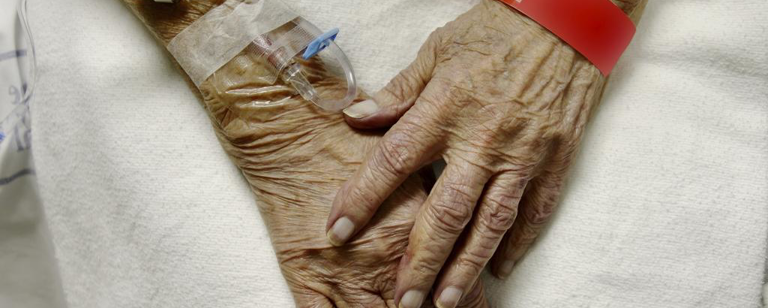Death is the most personal of matters, but it’s also a political hot potato.
Most of us don’t choose (or even expect) the way in which we die, but for the terminally ill, death is a looming certainty to be dealt with. And as humans live longer – largely thanks to the interventions of modern medicine – we’re more likely to die of serious illness, and to have our deaths medically postponed.
There has long been a call for governments to grant us the right to choose our own death, by legalising euthanasia. But what are the circumstances in which this right should be granted? Who gets to decide – and when? And then there’s the sobering knowledge that this is one life decision that can’t be reversed.
From medicos to philosophers, politicians to law enforcers, the terminally ill to their loved ones, this one issue we all have an opinion on – and a possible stake in.
Speakers for the motion include Beth Wilson, the outgoing Victorian Health Services Commissioner, Professor Loane Skene, an ethicist at the University of Melbourne, and Dr Philip Nitschke, the founding director of pro-euthanasia group Exit International.
Speakers against the motion include Dr Shakira Hussein, from the Asia Institute at University of Melbourne, Scott Stephens, religion and ethics editor for ABC Online, and Associate Professor Bill Silvester, Director Respecting Patient Choices Program at the Austin Hospital, and Intensive Care Specialist.
Too often, the big issues feel ill-served by parliamentary question time or the 24-hour news cycle. Big issues and bigger ideas deserve informed and passionate consideration. Beyond the soundbites, beyond the sloganeering, beyond the posturing, there’s the debate.
The Wheeler Centre and St James Ethics Centre combine once again in 2012 to bring you another series of Intelligence Squared debates.
Established in 2002, IQ2 has spread from across the globe, bringing the traditional form of Cambridge and Oxford Unions-style debating – with two sides proposing and opposing a sharply formed motion – to Melbourne Town Hall.
Featuring
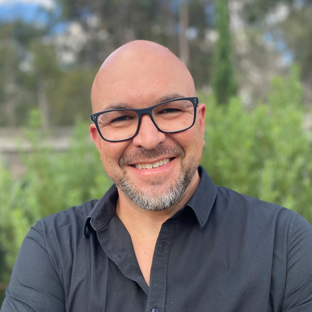
Scott Stephens
Scott Stephens is the ABC’s Religion & Ethics online editor and the co-host, with Waleed Aly, of The Minefield on ABC Radio National. He has published widely on moral philosophy, literature and democratic theory ...
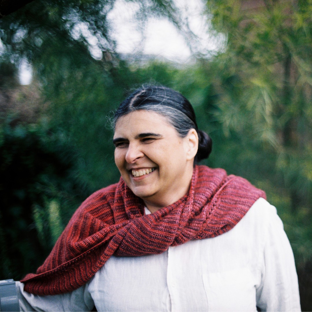
Shakira Hussein
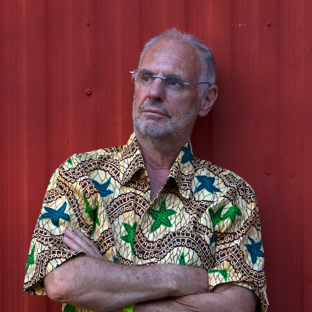
Philip Nitschke
For more than a decade, Dr Philip Nitschke MBBS PhD has been the face of the voluntary euthanasia debate in Australia and around the world. He is the author of the banned Peaceful Pill Handbook and Killing Me Softly: Voluntary Euthanasia and The Road to the Peaceful Pill published by Penguin in 2005.
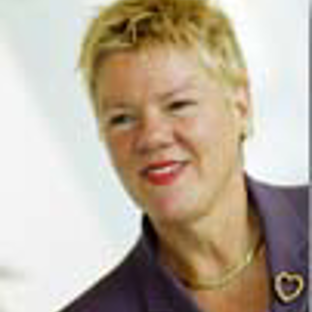
Loane Skene
Professor Skene is a professor of law in the faculty of Law and an adjunct professor in the faculty of Medicine Dentistry and Health Sciences at the University of Melbourne. She is a member of the NHMRC Legislation Review Committee on Human Cloning and Embryo Research (the Heerey Committee), the Australian Health Ethics Committee (one of the principal committees of the National Health and Medical Research Council), and the Australian Workforce Advisory Council.
She has served on numerous federal and state advisory committees, especially in relation to genetics and the law. In 2005, she was deputy chair of the Lockhart Committee on Human Cloning and Embryo Research and became principal spokesperson for the committee after the sudden death of the chair, the late Justice Lockhart AO, in January 2006.
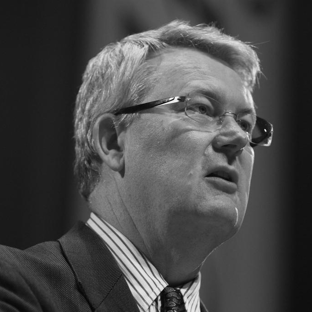
Simon Longstaff
Dr Simon Longstaff is Executive Director of St James Ethics Centre and chairs the Intelligence Squared debates in Sydney and Melbourne.
Simon Longstaff spent five years studying and working as a member of Magdalene College, Cambridge, before returning to Australia in mid-1991. Having won scholarships to study at Cambridge, he read for the degrees of Master of Philosophy and Doctor of Philosophy.His research centred on related questions arising in the areas of political philosophy, ethics and the philosophy of education.
Dr Longstaff was inaugural president of The Australian Association for Professional and Applied Ethics and is a Director of a number of companies. He is a Fellow of the World Economic Forum and a member of its Global Agenda Council. Publications include, Hard Cases, Tough Choices and numerous articles.
Beth Wilson
Beth Wilson became Victoria’s Health Services Commissioner in 1997. She is a lawyer by training and has worked mainly in administrative law. Beth has had a long-standing interest in medico/legal and ethical issues.
Prior to becoming Health Services Commissioner, Beth was the president of the Mental Health Review Board, a senior legal member of the Social Security Appeals Board and WorkCare Appeals Board and a past president of the Victorian Branch of the Australian and New Zealand Association of Psychiatry, Psychology and Law.
In 2007, Beth was appointed a member of the Disability Services Board.
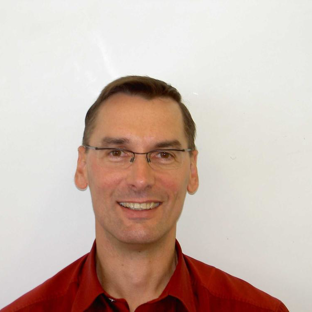
William Silvester
Associate Professor William Silvester is The Director of the Respecting Patient Choices Program at the Austin Hospital. He is also an intensive care specialist and a medical consultant for DonateLife, the Victorian Organ Donation Service and the president of the International Society of Advance Care Planning and End of Life Care.
His current professional areas of interest include advance care planning, end of life care and organ donation. He undertook his training in Perth and London and has been at the Austin Hospital since 1996.
